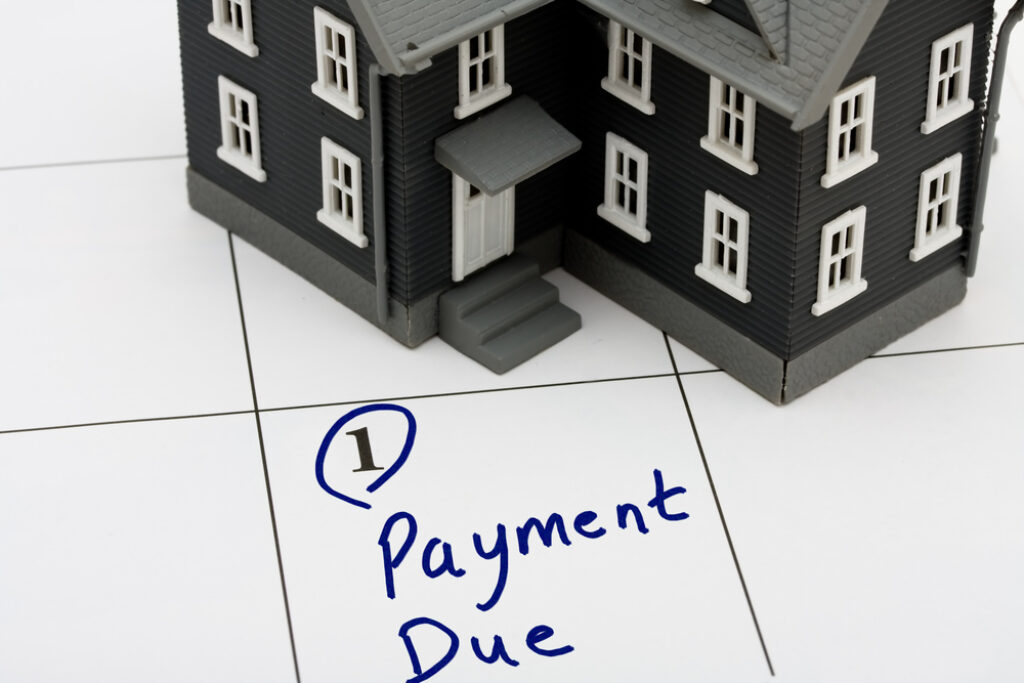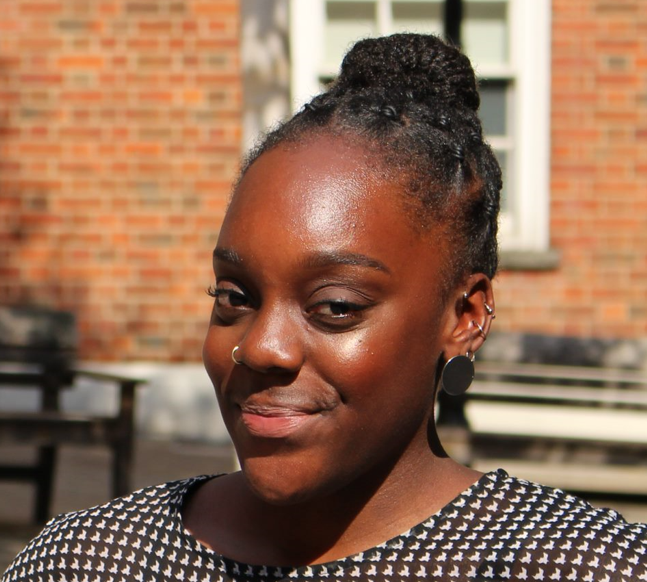Around 40% of adults have reported finding it very or somewhat difficult to afford their rent or mortgage, information gathered by a statistics firm found.
The Office for National Statistics’ (ONS) report on the impact of the increased cost of living found that this was the case for 34% of people paying a mortgage and 45% of renters. For people part renting and part owning, 42% found it very or somewhat difficult to afford payments.
However, most people are keeping up with their payments, as the data found 1% of mortgagors and 6% of renters had fallen behind.
As for those who had seen their rent or mortgage payments rise in the last six months, 34% of mortgage holders said there had been an increase compared to 55% of people renting. Among those under shared ownership tenancies, 77% said their housing costs had gone up.
Impact on minority groups
People with disabilities were more likely to struggle with housing costs, as ONS found that 45% of disabled adults said it was either very or somewhat difficult to afford their mortgage or rent. This was compared to 37% of non-disabled adults.
Asian or Asian British adults were the most likely to cite difficulties compared to white adults. The data found that 56 per cent of Asian or Asian British adults found it hard to afford their mortgage or rent, compared to 38% of white adults and 51% of black, African, Caribbean or black British adults.
Single parents also found it harder than households with at least one adult and one dependent child. The ONS data showed that 61% of households with only one adult and at least one dependent child faced difficulties affording housing costs, compared to 42% of homes with more than one adult.
Financial resilience
When asked if they’d be able to save any money over the next 12 months, 54% of renters and 36% of mortgage holders said no.
According to the data, 52% of renters were financially resilient compared to 78% of households paying a mortgage and 93% of people who own their home outright.
More pain coming for mortgage payers
Sarah Coles, head of personal finance, Hargreaves Lansdown, said mortgage holders were yet to feel the full effect of the rising cost of living.
She said: “The ever-tightening squeeze on our finances has been painful for us all, but for some it has been agonising. It has crushed the resilience of single parents, renters, single people living alone and those with long-term illnesses or disabilities. However, this isn’t the full extent of the damage done, because there’s more pain lying in store for those with a mortgage.
“The ONS figures show that mortgage unaffordability has only risen slightly from the spring, reflecting the fact that 88% of mortgages are fixed. It means we’ve only felt a fraction of the pain lying in wait for those with a mortgage.”
Coles said Hargreaves Lansdown’s most recent Savings and Resilience Barometer showed that a third of mortgage holders had seen a rise in monthly costs, and this was expected to rise to three in five by next summer.
She added: “When a household spends 25% of its after-tax income on the mortgage, it’s considered to be at risk of falling behind on payments. In the summer, 23% of people were spending this proportion or more – and by next summer that will rise to 26%.
“Meanwhile, by the summer 2024, 230,000 of those who are ‘at risk’ of falling into arrears will have cash savings that cover less than three months of essential spending – making them ‘high risk’. Plus, an additional 470,000 will also have unsustainable spending, so they’re at ‘critical risk’. It means that the cost-of-living crisis for those with a mortgage is likely to last even longer.”





